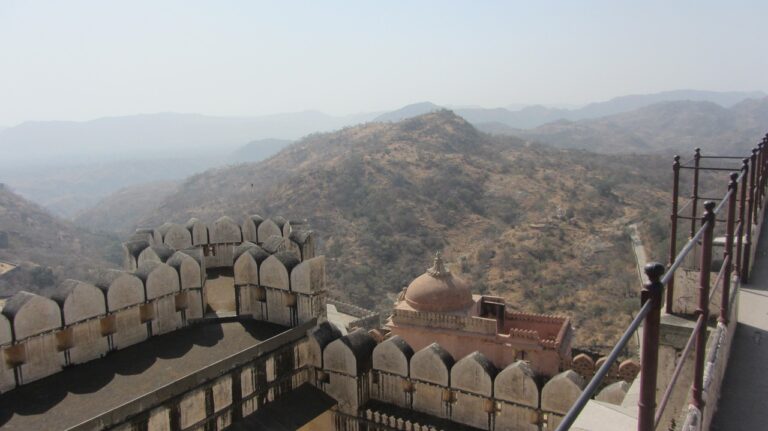Election Monitoring: Ensuring Fairness and Transparency
Ensuring fairness in elections poses a significant challenge for electoral bodies worldwide. One of the primary issues is the threat of voter suppression, where certain groups are systematically prevented from exercising their right to vote. This can be due to various reasons such as discriminatory voter ID laws, restricted access to polling stations, or intimidation tactics.
Another obstacle to fairness in elections is the prevalence of misinformation and disinformation campaigns. False information spread through social media and other platforms can influence voter behavior and perceptions, leading to distorted election results. Addressing this challenge requires a multi-faceted approach involving education, media literacy programs, and strict enforcement of laws against spreading false information during election periods.
Importance of Transparency in the Electoral Process
Transparency in the electoral process is crucial for upholding the integrity and legitimacy of democratic elections. When all aspects of the electoral process are conducted openly and transparently, it helps to build trust among the electorate and ensures that the results accurately reflect the will of the people. Moreover, transparency allows for scrutiny and oversight by stakeholders, including voters, political parties, civil society organizations, and the media, which is essential for holding election officials accountable for their actions.
Without transparency, there is a risk of electoral malpractices such as fraud, manipulation, and voter intimidation going undetected. By providing visibility into every step of the electoral process – from voter registration to ballot counting – transparency helps to prevent such irregularities and safeguards the fairness of elections. In addition, transparent processes create a level playing field for all candidates and political parties, instilling confidence in the democratic system and ensuring that the outcomes are accepted by all stakeholders.
Role of Election Observers in Promoting Fairness
Election observers play a crucial role in safeguarding the integrity of the electoral process. By monitoring polling stations, observing the counting of votes, and ensuring transparency, they help promote fairness and accountability. Their presence helps deter any potential irregularities or misconduct, ultimately contributing to the legitimacy of the election outcome.
Moreover, election observers serve as independent and impartial witnesses, providing credibility to the electoral process. Their reports and findings offer valuable insights into the conduct of elections, highlighting areas of improvement and adherence to electoral laws. Through their comprehensive assessments, election observers strengthen public trust in the fairness and transparency of the electoral process.
• Election observers monitor polling stations to ensure transparency
• They observe the counting of votes to prevent irregularities
• Their presence helps deter misconduct during elections
• Election observers provide credibility and impartiality to the electoral process
• Their reports offer valuable insights for improvement in election conduct
• Comprehensive assessments by election observers strengthen public trust in fairness
What are some common challenges faced in ensuring fairness in elections?
Some common challenges include voter intimidation, fraud, lack of transparency, and bias in the electoral process.
Why is transparency important in the electoral process?
Transparency helps to build trust in the electoral process, ensures accountability, and allows for the detection and prevention of fraud or irregularities.
What is the role of election observers in promoting fairness?
Election observers play a crucial role in monitoring the electoral process, ensuring that it is conducted fairly, transparently, and in accordance with established laws and regulations.
How do election observers promote fairness in elections?
Election observers monitor polling stations, observe the counting process, and report any irregularities or violations they witness. Their presence helps to deter fraud and ensure that the election is conducted fairly.
Who can become an election observer?
Election observers can be domestic or international organizations, individuals, or groups who are impartial and committed to promoting free and fair elections. They may be recruited by government agencies, non-governmental organizations, or international bodies.







